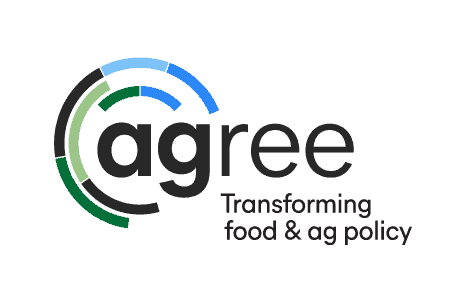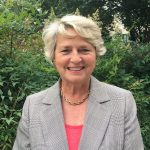Ask USDA for the Data
23 September 2019Can cover crops make farmers more profitable?
What kind of conservation practices improve soil health?
Can cover crops reduce a farmer’s risk from drought or flooding?
The key to answering these questions, and others, sits inside data siloes at the U.S. Department of Agriculture (USDA). USDA collects vast amounts of data about crop yields, crop insurance, and the implementation of conservation practices each year. In aggregate, these datasets contain insights to improve producer profitability, productivity, and environmental outcomes.
USDA has an opportunity to leverage its extensive data assets for better decision-making across its many agencies by making data more widely and comprehensively available to academic researchers through a data access platform, while maintaining producer privacy.
Unlocking USDA Data to Benefit Researchers, Farmers, and Ranchers
The AGree Economic and Environmental Risk Coalition supports 2018 Farm Bill provisions calling for the Secretary of Agriculture to identify available USDA data about conservation practices and the effects of those practices on crop yields, farm and ranch profitability, and soil health. The report directs USDA to summarize the data and steps the Secretary will have to take to provide secure data access to university researchers.
The AGree Coalition includes farmers who want to see producer data coming back to the farm in the form of insight and information about what is best for soil health, the bottom line, and the enviro
nment. We think there are important linkages. To know for sure, researchers need access to data.
We are eager to see this report and will continue to work closely with Congress and USDA, shaping policies that support greater data integration, analysis, and access for all qualified university researchers—and ultimately help farmers make important land management decisions.
We appreciate you lending your voice to this important issue! Submit your contact information below to get involved.
No Fields Found.

